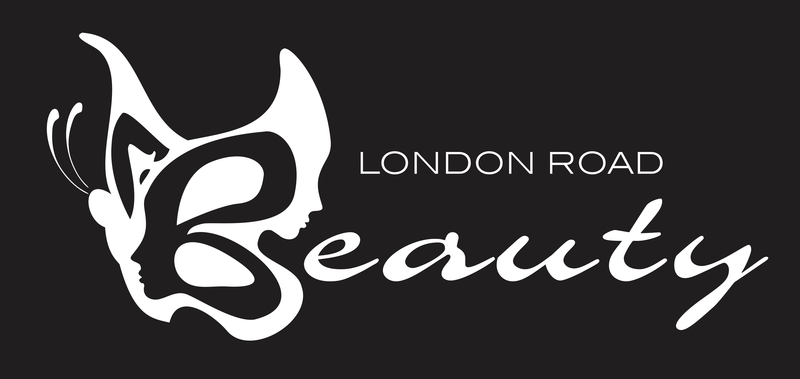Why Reflexology?
Posted by Tiffany Howard on
Why Reflexology?
Reflexology is a non-invasive complementary health therapy that can be effective in promoting deep relaxation and well-being.
By reducing stress in people’s lives can be key in optimising good health and building resilience.
It is a touch therapy that is based on the theory that different points on the feet, lower leg, hands, face or ears correspond with different areas of the body and reflexologists work these points and areas.
However reflexology is viewed, there can be no doubt that what it does provide is a period of time for relaxation.

What’s the main theory behind reflexology?
The theory of reflexology is that all the systems and organs of the whole body are mirrored or reflected in smaller peripheral areas. The reflexologist simply works these reflected areas with their sensitive fingers, aiming to bring those areas back to balance and therefore aiding the body to work as well as it can. Reflexology very much works on an individual basis, the reflexologist provides professional facilitation of your body’s own potential for well-being.
While there are few available scientific studies specifically into how reflexology works, there are scientific studies that support the potential positive effects that can be achieved by touch.
Is reflexology suitable for me?
Reflexology is a therapy which can be received by anyone at any age, from newborn babies to those receiving end of life care, and everyone in between. However, there may occasionally be times when it is not suitable to provide a treatment.
Will reflexology help me?
Well trained reflexologists do not claim to cure, diagnose or prescribe. Reflexology is a very individual treatment which is tailored to you as a whole person, taking into account both physical and non-physical factors that might be affecting your well-being. Some people find it works for them – some don’t. The best way to find out is to try it!
The theory is that reflexology helps the body to restore its balance naturally. Usually, after treatment your tension may be reduced and you might feel relaxed. You might also notice yourself sleeping better and find your mood and sense of well-being improving. You may also find that other aspects improve too; however, this happens on an individual basis.
There has been some positive research projects carried out with reflexology; however, as yet, there is not a large enough body of evidence to make clinical claims of effectiveness.
With ever increasing levels of stress in everyday life, it is important for people to take more responsibility for their own healthcare needs. Reflexology may be one of the ways to mitigate the stresses of modern life.
What happens when I go for a treatment?
A medical history will be requested on your first treatment, and you will be asked to sign a consent form for treatment.
Reflexology is a very easy therapy to receive; depending on the type of reflexology, the most clothing that will have to be removed for a treatment to take place will be your socks and shoes.
The therapist will then use their hands to apply pressure to the feet, lower leg, hands, ears or face, depending on the type of reflexology chosen. You may feel areas of transient discomfort during the treatment, but generally the experience should be relaxing.
The therapist may recommend a course of treatments.
How will I feel after a reflexology treatment?
It is useful to give feedback to the reflexologist as this may show the response of your body to treatment. This in turn might help the reflexologist to tailor a treatment plan specific to your needs. After one or two treatments your body may respond in a very noticeable way. Most people note a sense of well-being and relaxation; however, sometimes people report feeling lethargic, nauseous or tearful, but this is usually transitory and reflexologists believe that it is part of the healing process.
Try Reflexology for Yourself!

